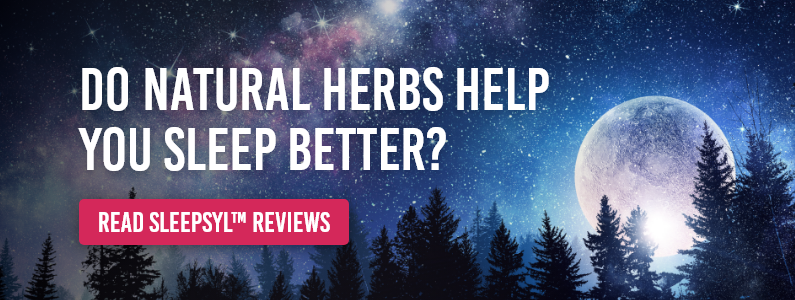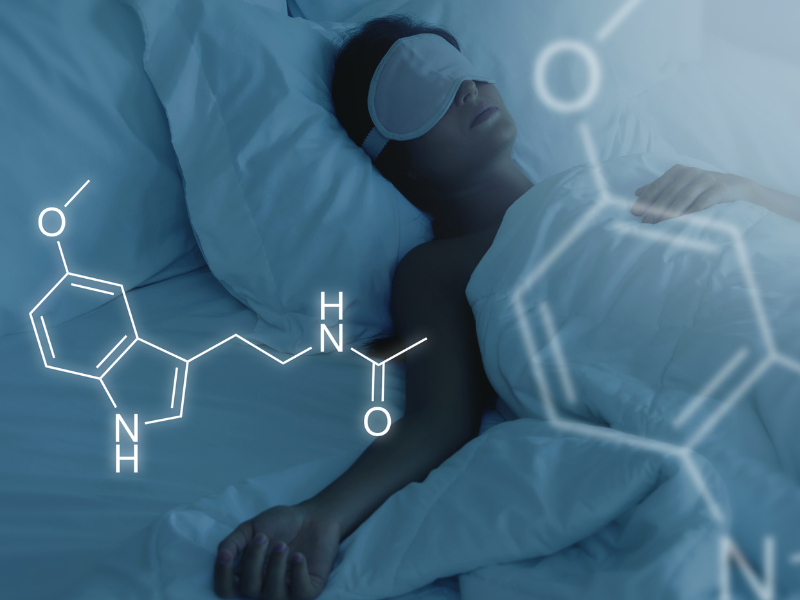Sleep can be elusive, even when we’re well-aware of its central role in our overall health. Therefore, many of us turn to natural supplements not only to enhance our nightly rest but also to cope with feelings of anxiety that might hinder sleep. Melatonin has been a popular choice for both these reasons, but while many inquire, “does Melatonin make you groggy?”, others are asking “does Melatonin help with anxiety?” and fortunately, we have some answers. Let’s dive deeper into the world of natural sleep aids and their effects to answer these questions.
Understanding Melatonin
Melatonin, often referred to as the “sleep hormone”, is produced naturally by our brain’s pineal gland. Its primary role is to regulate sleep-wake cycles, signaling to your body when it’s bedtime. Beyond its sleep-regulating abilities, many wonder, “does Melatonin help with anxiety?” Emerging research suggests that Melatonin may have potential anxiety-reducing effects due to its role in regulating certain neurotransmitters (1). Melatonin supplements commonly contain synthesized Melatonin, formulated to mimic its natural counterpart and offer aid to those with sleep irregularities, jet lag, or even anxiety.
The Groggy Debate: Does Melatonin Make You Groggy?
There are anecdotal reports of individuals feeling groggy or drowsy the morning after using Melatonin (2). However, it’s not a one-size-fits-all reaction. Responses hinge on aspects like dosage, personal reactions, and adherence to recommended intake guidelines. For newcomers to Melatonin, starting with a conservative dose and observing morning-after feelings is generally recommended.
Natural Ingredients Championing Sleep Quality
While Melatonin shines in the spotlight of sleep supplements, several other natural ingredients boost sleep quality:
- Valerian Root: This herb is touted for its anxiety-reducing properties, playing a pivotal role in sleep induction and deep sleep phases (3).
- Chamomile: A household name known for its anti-anxiety and relaxation-inducing terpenoids (4).
- Passionflower: Packed with alkaloids like GABA, passionflower dials down brain activity, fostering a state of relaxation (5).
- Lemon Balm: In combination with Valerian Root, Lemon Balm has been shown to help reduce anxiety and promote sleep (6).
- Hops: Provides sedative benefits by inducing calmness and curbing stress, both prerequisites for sound sleep (7).
Combined together, these elements can uplift the sleep experience, ensuring you greet the morning refreshed.
>>> Read more about natural sleep-promoting herbs!
Introducing Sleepsyl™: Your Newest Sleep Companion
Sleepsyl™ harnesses the power of Melatonin and the aforementioned natural ingredients, among others for stress-free sleep. It’s designed for those seeking more than just sleep; it’s a recipe for a higher quality of living. Sleepsyl™ facilitates not just falling asleep, but ensuring that sleep is deep and restorative. Users consistently appreciate the product’s efficacy without the residual grogginess some other aids may produce.

Conclusion
Melatonin can make you groggy but this potential for causing grogginess varies based on dosage and individual sensitivities. Known for its role in sleep regulation, this hormone may also offer benefits for easing anxiety. When blended with natural ingredients like Valerian Root, Chamomile, and Passionflower, the result can be a holistic recipe for enhanced sleep quality. Navigating sleep challenges can be overwhelming, but with the right knowledge and resources, it doesn’t have to be. We know how important sleep is and have dedicated many posts to helping you get the sleep you need.
Check out our top tips for getting a restful night of sleep:

